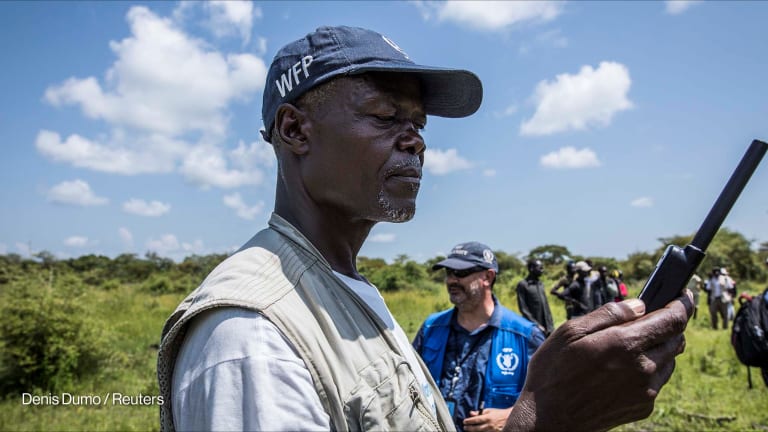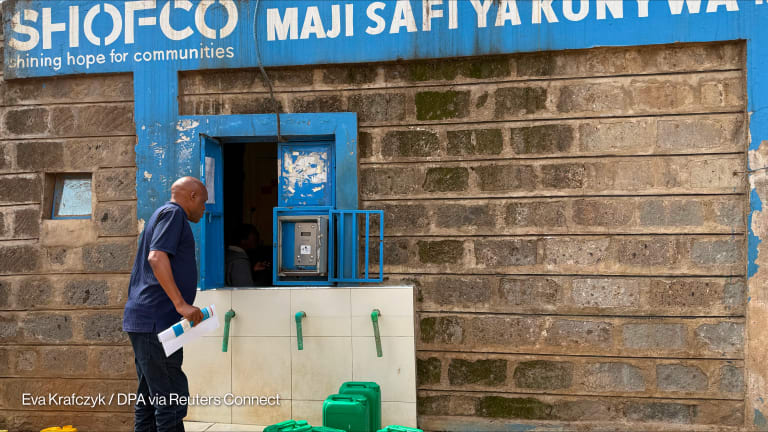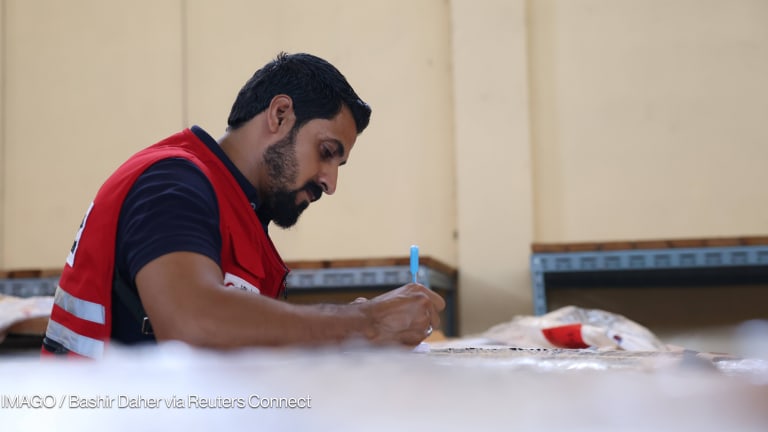The United Kingdom is poised to be among the leading government voices pushing for tough reforms to the United Nations-led humanitarian relief system at the World Humanitarian Summit this week. Among the U.K.’s goals will be to increase the resources directed to local NGOs, to improve accountability, and to boost aid effectiveness through new underutilized aid modalities, like cash transfers.
The moves come as part of the broader “grand bargain” proposed by the summit — a compromise between donors and implementers to bridge the current gap in humanitarian financing and accountability. The grand bargain would see donors commit to longer-term, more flexible funding in exchange for more thorough reporting from the most-funded 15 implementing organizations.
The U.K. will also likely push for targets for aid directed to local NGOs, and the inclusion of local groups among the 15 largest implementers encouraged to improve accountability, an official from the Foreign and Commonwealth Office told Devex.








